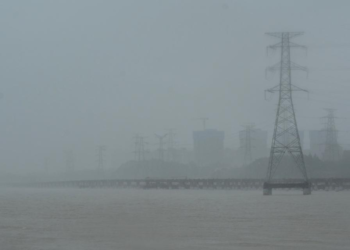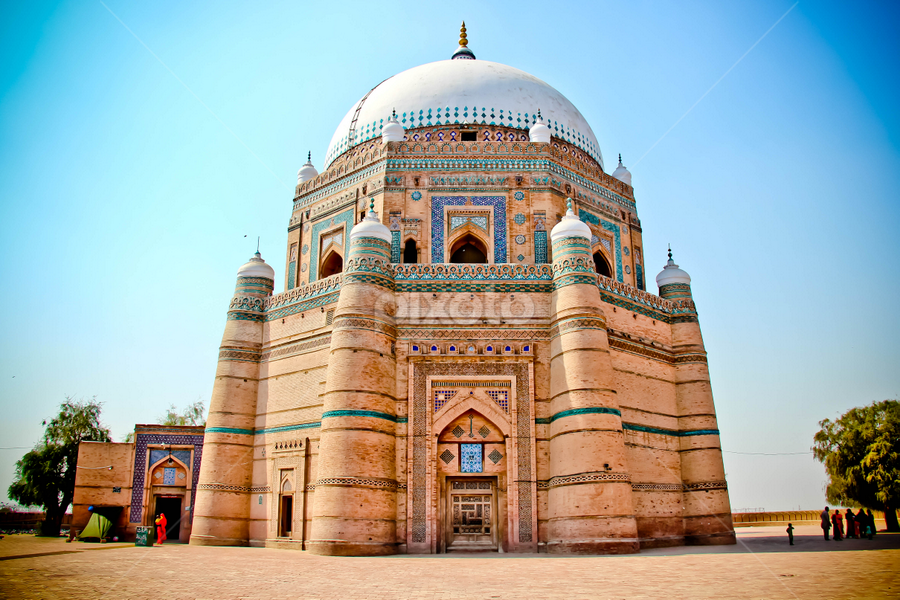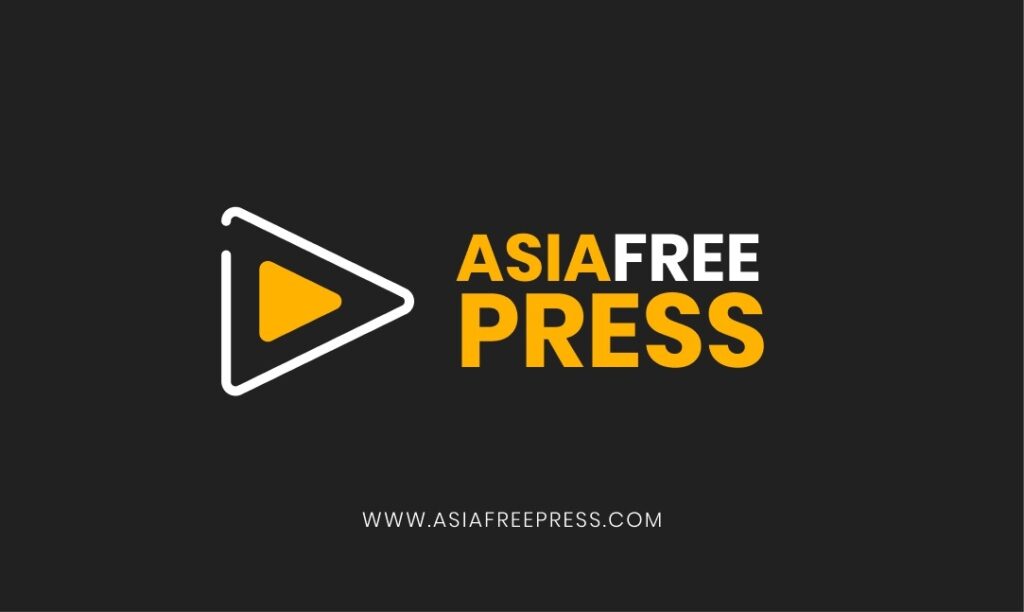The scene of Israeli Ambassador, Sharon Bar-Li, along with other Israeli delegates, being escorted out of the opening ceremony of the African Union Summit in Addis Ababa, Ethiopia, on February 18, was historic. The very moment that was meant to crown twenty years of Israeli diplomacy on the African continent, in a few seconds, turned to represent Israel’s failure in Africa.
Unable to fathom the breakdown of its diplomatic and political efforts, Tel Aviv responded to Bar-Li’s removal by waging a war of words against African countries, accusing them of spearheading a campaign aimed at blocking Israel’s observer status.
Referring to a “small number of extremist states like South Africa and Algeria,” a spokesperson for the Israeli foreign ministry alluded to a plot, supposedly hatched by Iran, and carried out by African governments that are “driven by hate” for Israel.
The undiplomatic nature of the Israeli foreign ministry language is a major shift compared to the upbeat, diplomatic rhetoric used by Israeli Prime Minister Benjamin Netanyahu when he visited Africa to speak at the Economic Community of West African States (ECOWAS) in Liberia in 2017.
“Israel is coming back to Africa, and Africa is coming back to Israel,” Netanyahu had said, adding, with a theatrical language and much emphasis on each syllable, “I believe in Africa.”
Netanyahu’s reference to “coming back to Africa” was intended to underscore two points: One, the diplomatic and political return to Africa and, two, an imagined return to the continent as a representation of a shared historical experience.
On the latter, Netanyahu had made various references to some drummed-up, shared anti-colonial struggle between Israel and African countries. “Africa and Israel share a natural affinity,” Netanyahu claimed in his speech at the ECOWAS. “We have, in many ways, similar histories. Your nations toiled under foreign rule. You experienced horrific wars and slaughters. This is very much our history.”
The diplomatic ‘return’, on the other hand, is more real than imagined. But the diplomatic ties between Israel and many African countries, starting with Ghana in 1956, took place under unique historical circumstances, in which many African countries were still colonized, semi-independent or largely reliant on their former colonizers. For example, Ghana-Israel relations started when Ghana was still called Gold Coast. In fact, the diplomatic accords with Tel Aviv at the time only took place when the Gold Coast received official approval from Britain, since the country was still a British colony.
Before 1973, Israel had full diplomatic ties with 33 African countries. Much of this changed however, in October of the same year. When Arab countries fought a war against Israel’s colonial expansion, many African countries broke ties with Israel in favor of maintaining their truly historic, economic and spiritual ties with their Arab brethren. It was no wonder that it was the Organization of African Unity – the precursor to the African Union – that first identified Israel’s founding ideology, Zionism, as a form of racism in their 12th ordinary session held in Kampala in 1975.
The so-called ‘peace process’ and the signing of the Oslo Accords between Palestinian leaders and Israel expectedly weakened the stalwart African position towards Palestine, not out of enmity to the Palestinians but due to western pressure, and the misconception that peace and justice had finally arrived in Occupied Palestine. It was against this very backdrop that Netanyahu visited Africa and began his campaign of normalization with many African countries.
Israel’s motives in Africa are clear: economic profits and political dividends, particularly pro-Israeli votes at the UN. Years after Israel’s ‘return to Africa’, neither Africa benefited from the lofty promises made by Tel Aviv to revitalize local economies and to fight desertification, nor did Africa, as a bloc, significantly change its votes in favor of Palestinians’ rights at the UN.
Still, for Netanyahu, the benefits outweigh the disappointments, especially as Tel Aviv fully understands that Africa, more than ever since the Berlin Conference in 1884, has, once more, become a major contested geopolitical space. That’s where the breakdown of Israel’s calculations happened, thus the humiliating episode in Addis Ababa.
Following the removal of the Israeli delegates, Tel Aviv continued to make a case based on technical grounds: that the Israeli ambassador had the proper accreditations, that Israel was officially an observer member of the AU, and so on.
Israel’s observer status has caused a rift among AU members. The approval was granted unilaterally by the Chair of the AU Commission, Moussa Faki Mahamat, in July 2021. As the news spread about Mahamat’s personal decision, many countries protested, and the status was frozen, pending a decision based on proper democratic process.
Just two days after the Israeli delegation was removed from the Summit, the AU – in fact, Mahamat himself – announced to reporters, on February 20 that the Israeli membership “status is suspended until such time as this committee can deliberate”, asserting that “we did not invite Israeli officials to our summit.”
The Israeli response to all of this reflected a general sense of confusion, if not desperation in Israeli diplomacy.
African countries, however, followed the incident with a clear policy position, delineating that the decision to suspend Israeli membership was not a technical or procedural one. It was, in the words of Clayson Monyela, head of the public diplomacy in South Africa’s Department of International Relations, “an issue of principle”.
Three weeks after the AU decision, the South African parliament voted in favor of a motion that downgrades the country’s embassy in Tel Aviv to a mere liaison office. That decision, too, was a matter of principle, namely as a “first step” that aims to pressure Israel “to comply with human rights, recognize the rights of the Palestinian people (and) their right to exist.”
As geopolitical spaces open for countries in the Global South, due to changing global power dynamics, more countries are daring to step up to challenge the hegemony of former colonial powers. Considering their history of valiant anti-colonial struggles, it is no surprise that African countries are leading this momentum toward national and regional independence.
Ultimately, it took only six years for Africa to prove Netanyahu wrong, that Israel “did not return to Africa”. It is true, however, that Africa itself is returning to its anti-colonial roots.
*Dr. Ramzy Baroud is a journalist, author and the Editor of The Palestine Chronicle. He is the author of six books. His latest book, co-edited with Ilan Pappé, is ‘Our Vision for Liberation: Engaged Palestinian Leaders and Intellectuals Speak Out’. His other books include ‘My Father was a Freedom Fighter’ and ‘The Last Earth’. Baroud is a Non-resident Senior Research Fellow at the Center for Islam and Global Affairs (CIGA). His website is www.ramzybaroud.net




















